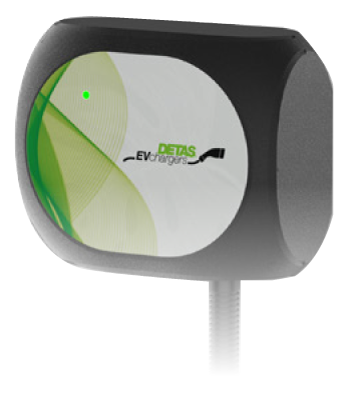Home charging
How much electricity does a home charge require? How long does it take?
Is it possible to recharge the car at home?
Yes.
In fact, for most owners of electric vehicles, the home is the main charging point.
Vehicles are normally parked in their garage or parking space for several hours each day, which is ideal as it allows the battery to be recharged slowly. A low power output (kW) during the night is therefore enough to have a fully charged battery the morning after.
In addition, contrary to what many people think, the battery does not have to be discharged and then fully recharged. Modern lithium-ion batteries used in vehicles benefit more from small partial recharges, so people who own electric cars are used to charging them every time they park in their garage or parking space.
Should I apply for a new energy contactor or is enough to increase the power of the existing one?
You can recharge your electric car by connecting it to your existing meter in the same way as you do all other electric consumers in your home. There is no need for separate metering and no permission or permit is required to recharge at home.
If the power at the meter is limited (e.g. 3 kW), you should increase the power to 4.5 or 6 kw depending on the type of car and choose charging wallboxes with adjustable current to avoid blowing the meter. Should there be different requirements, for example in the case of vehicles with a larger battery pack, it will be necessary to proceed with a request for a separate charging line.
How much does it cost to charge an electric car?
Less than you might think.
The consumption (expressed in kWh, which is what you pay on your bill) of a full recharge depends on the vehicle and in particular on "how big" the battery pack is. Vehicles with a larger battery capacity have more kilometers of autonomy and obviously require more energy for a full recharge. On average, electric cars on the market have battery packs between 30 kWh and 50 kWh, with real autonomies ranging from 200 to 400 km with "one full charge" (there are also cars with smaller or larger batteries).
For example:
- electric vehicle with 30 kWh of battery and 200 km of autonomy: if I do a full recharge (so in the case that I have covered all 200 km), it will take 8 hours for the full recharge at 3.7 kW and I will have consumed 30 kWh, which will be counted in the bill along with all the other consumption of the house.
An important parameter to understand the consumption is the ratio km/kWh (kilometers per kilowatt hour): it is the equivalent of the ratio km/l (kilometers per liter of gasoline) and indicates the consumption of my electric vehicle. Normally the consumption of vehicles on the market is between 6 and 8 km/kWh. You will then learn with practice to have an even more thrifty driving style.
In conclusion, the kWh costs in the bill, all inclusive, about 0.21 €, so with 1 € your range is about 32 km. Those who owns a photovoltaic system have more advantages because they can benefit from its energy to recharge their car.
Is it possible to automatically adjust the power delivered by the wallbox according to the consumption of the house?
Yes.
Detas evChargers takes home EV charging a step further by allowing you to charge your EV even while using appliances, thanks to the evSensor sensor.
This smart sensor, easily added to the classic home security panel, dynamically modifies the EV consumption if the home system is about to overload.
evSensor measures and interprets the home consumption, generating the corresponding signal and sending it to the Wallbox, which reads it and modifies its output current in relation to it.
Is it possible to charge the electric vehicle with the excess production of my photovoltaic system?
Yes.
Our single-phase models of Wallbox are equipped with this feature.






